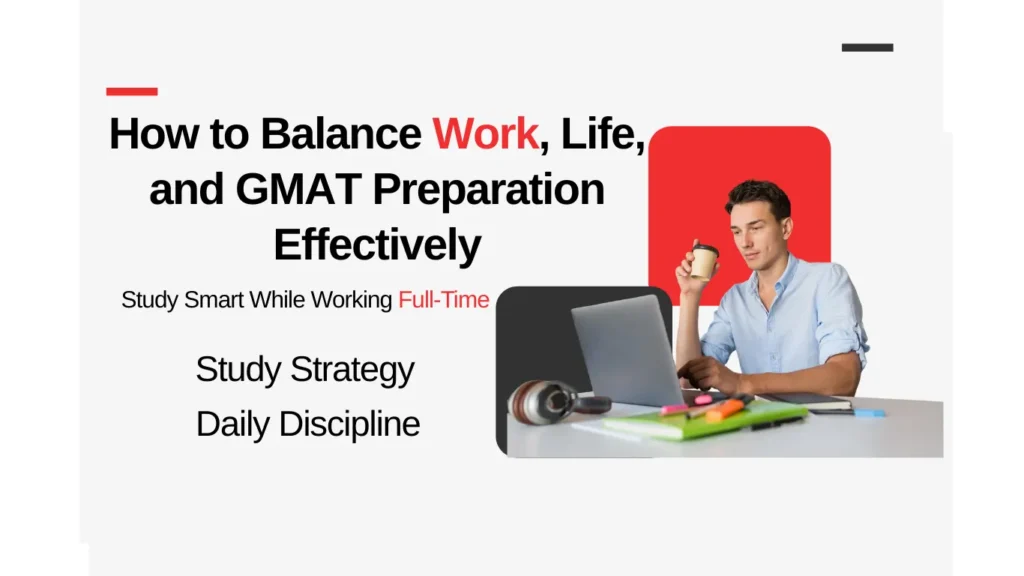If you’re planning to take the IELTS, you’ve probably heard all sorts of stories. Some people say it’s a monster of a test. Others say it’s simple. So, what’s the truth? Is IELTS really that tough, or is it just wrapped in myths? Let’s clear things up.
Myth 1: “IELTS is only for genius-level English speakers”
Not true. You don’t need perfect English to score well. IELTS checks real communication skills—reading, listening, writing, speaking. Stuff you’ll actually use abroad.
Here’s the thing—practice beats natural talent. Students who do IELTS exam preparation with a clear plan often score higher than those who just “wing it.” No secret, just training.
Myth 2: “The reading section is impossible.”
People panic because the passages look long. Time feels short. But honestly, it’s not about reading every word. It’s about spotting info fast.
Think of it like scrolling Google. You don’t read the whole page—you scan. Same here. With proper ielts exam preparation, you’ll learn tricks like keyword spotting and skimming. Makes life a lot easier.
Quick chart: Fear vs. Reality
| Fear | Reality |
| Listening accents are too hard | You’ll hear different accents, and practice gets you used to them. |
| Writing needs fancy words | Simple and clear English scores better. |
| Speaking test feels like an interview | It’s more like a chat with the examiner. |
| You need a perfect score | Most universities accept 6–7 bands. |
Myth 3: “The speaking test is scary”
This one’s common. Students think the examiner will grill them. Truth? It’s just a conversation. They want to see if you can communicate, not test how “posh” your accent sounds.
Pause if you need. Smile. Talk about everyday things. Your weekend, hobbies, food. That’s usually what comes up.
Myth 4: “IELTS is unfair”
Some believe it’s tougher for non-native speakers. But the test is the same everywhere. Same format. Same timing. Same rules.
Sure, it feels harder if you don’t use English daily. But that’s why practice exists. That’s why trainers and online support help.
Myth 5: “You need expensive materials”
Nope. Free practice tests are everywhere. What really matters is a plan. Still, structured courses help if you want consistency.
That’s why many go for platforms like PrepGuru Academy. Saves time, keeps you on track, and offers trusted material.
Myth 6: “You can’t prepare for IELTS—it’s pure luck”
This one’s misleading. Some people think IELTS is unpredictable, so there’s no way to prepare. But that’s far from true.
The exam follows a fixed structure. You always know what’s coming: four sections, specific timing, standard question types. Luck doesn’t decide your score—your preparation does.
And that’s why consistent practice matters. Build habits, time yourself, and review your mistakes. Over a few weeks, you’ll notice the difference. A little effort each day beats last-minute cramming.
Reality check
So, is IELTS difficult? Kind of. But not the way people make it sound. It’s like learning to drive. At first, too many things at once. Then suddenly, you’re comfortable.
Random practice gives random results. Guided practice brings progress. Simple as that.
Final thoughts
Myths make IELTS sound scarier than it is. The reality? With practice, strategies, and good support, you can get the band you need.
If you’re looking for structure, consider PrepGuru Academy. Whether you need writing feedback, timed tests, or speaking drills, they’ve got it.
IELTS isn’t impossible. It’s just a test. And you’ve got this.




